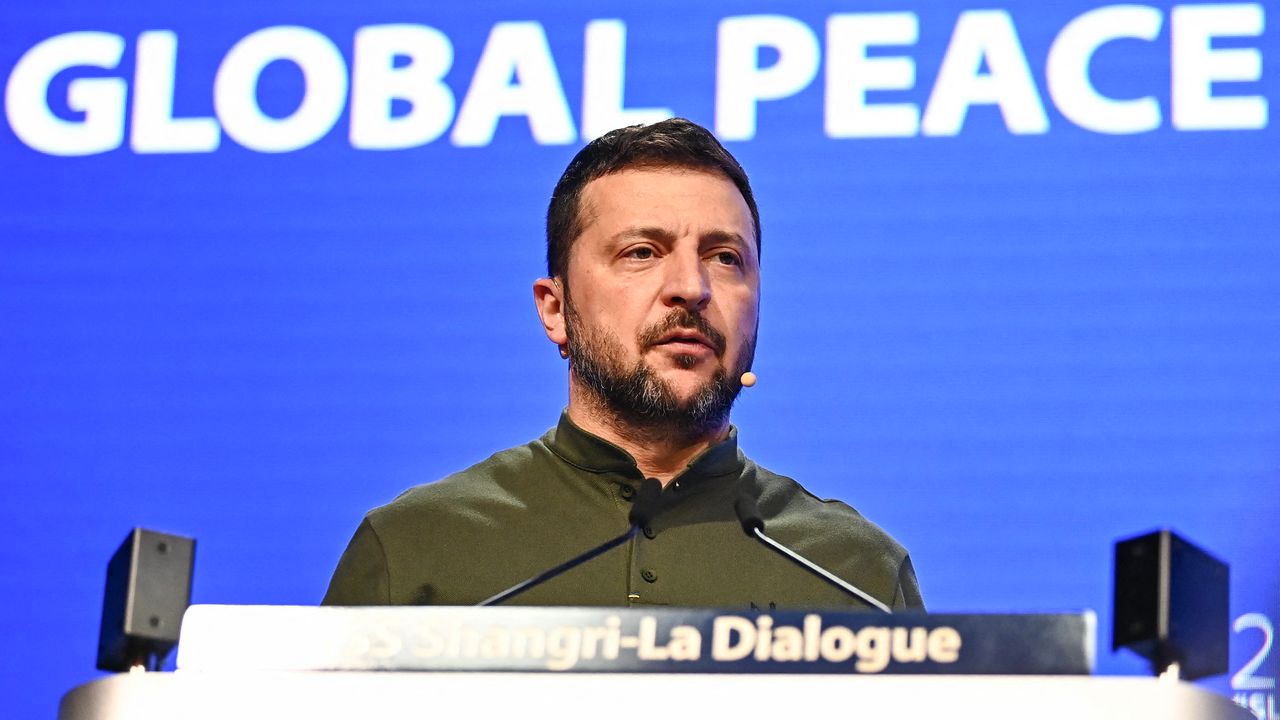The upcoming peace summit in Switzerland, slated for June 15-16, is facing significant diplomatic setbacks as key global players, including Russia, China, and others, have opted out of attending.
Organized by Ukraine in an effort to garner international support for its peace initiatives, the summit has only managed to secure the participation of approximately 90 out of 160 invited countries and organizations.
The absence of major powers like Russia, China, and Saudi Arabia has cast a shadow over the summit’s potential effectiveness in laying the groundwork for peace in Ukraine.
Russia, which was not formally invited after announcing its decision not to participate, has dismissed the summit as meaningless without its involvement. China, on the other hand, cited concerns about the lack of equal participation from all involved parties as a reason for its non-attendance.
Ukrainian President Volodymyr Zelenskyy has expressed frustration, accusing Russia and China of working in tandem to undermine the summit and pressure other countries into staying away. Despite these accusations, China has denied any coordinated effort with Russia to sabotage the event.
The diplomatic snub from Russia and its allies underscores the challenges Ukraine faces in rallying global support against Russia’s ongoing military actions in the country. Analysts have pointed out that without the presence of nations like China, which holds significant influence over Russia, the summit may struggle to make meaningful progress toward a resolution.
While the United States initially indicated Vice President Kamala Harris and National Security Advisor Jake Sullivan would attend, President Joe Biden’s decision to prioritize domestic commitments over the summit has raised eyebrows.
This move has been perceived as a symbolic setback for Ukraine, potentially weakening the summit’s perceived clout on the international stage.
Swiss organizers, however, remain cautiously optimistic about the summit’s outcomes, describing it as a forum aimed at inspiring future peace processes rather than a venue for immediate peace negotiations. They emphasize the importance of broad international participation to initiate a widely supported diplomatic initiative.
The summit is part of Ukraine’s broader strategy to promote its 10-point peace plan, which includes the complete withdrawal of Russian troops and the restoration of its territorial integrity says CNBC.
Despite several similar diplomatic efforts in the past, these initiatives have had limited impact on the ground, with fighting continuing unabated in various regions of Ukraine.
In light of these developments, the absence of influential nations like China and Russia poses significant barriers to achieving substantive progress toward peace. Analysts argue that while the summit may serve to highlight international solidarity with Ukraine, its ability to influence the ongoing conflict remains uncertain.
As tensions between Russia and Ukraine persist, exacerbated by Moscow’s controversial annexation of Ukrainian territories in 2022, prospects for a negotiated settlement appear increasingly remote.
The summit, therefore, faces considerable challenges in catalyzing meaningful dialogue that could lead to a cessation of hostilities and a path toward sustainable peace.
Read more news:
